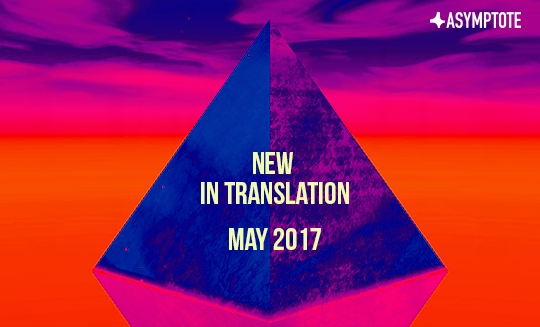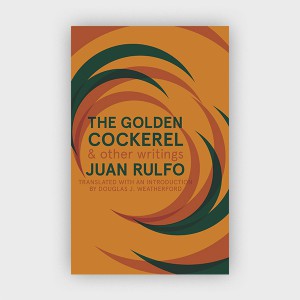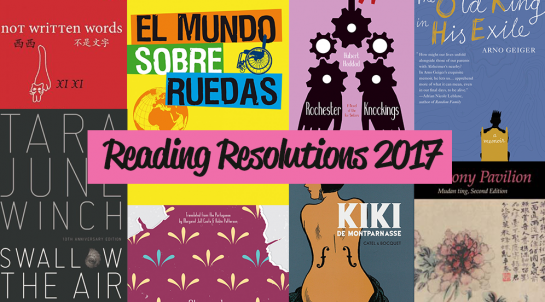Journey to the Edge of Life by Tezer Özlü, translated from the Turkish by Maureen Freely, Transit Books, 2025
The Turkish writer Tezer Özlü lacks widespread recognition in the Anglosphere, but the tide of her English reception is turning thanks to the efforts of Maureen Freely, the translator of Nobel laureate Orhan Pamuk. In her lifetime of 1943-86, Özlü was part of a moment in modern Turkish literary history in which secular women writers proliferated. Though many of them too remain in relative obscurity among English audiences, one can only hope that the publication of Özlü’s novels will set off a domino effect.
In 2022, Deep Vellum released an updated translation (thanks to a joint but asynchronous effort between Nermin Menemencioğlu and Amy Marie Spangler) of Tuhaf Bir Kadın / A Strange Woman by Leylâ Erbil—the only Turkish women to be nominated for the Nobel as well as Özlü’s friend, source of influence, and dedicated epistolary correspondent. Originally published in 1971, Tuhaf Bir Kadın is a pioneering force in the genre of Turkish women’s writing, but proved to be a controversial text for its frank exploration of a woman’s sexuality, representation of domestic abuse, and explicit engagement with the political left. Still, it set the stage for a new generation of authors, and its legacy extends into the twenty-first century with novelists like Elif Shafak, who is committed to exposing the deep-rooted misogynistic violence of Turkish patriarchal society. For instance, her 10 Minutes 38 Seconds in This Strange World narrates the story of a murdered prostitute in Istanbul; the dead woman’s brain continues to function for the length of time in the title, a dirge for the disposability and precarity of women’s lives in the Turkish metropolis. READ MORE…







